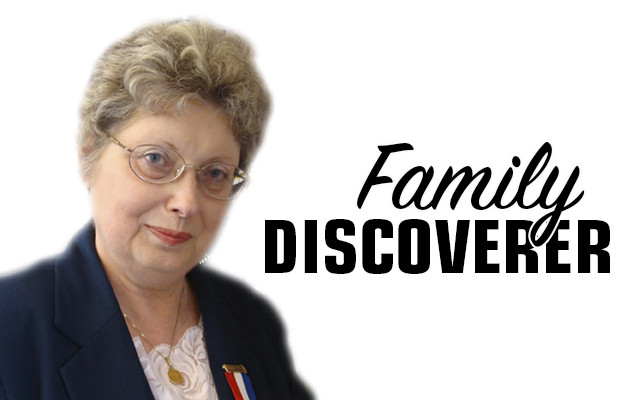
The ‘yuck’ factor
As you research you will likely come upon situations that, for want of a better word, will trigger what I call the “ick” or “yuck” factor — that is, things done commonly in the past found unacceptable, questionable or downright creepy today. Here are some examples.
In the past when a man’s wife died he would usually remarry as soon as possible. Today tongues wag if a widower remarries within a month. But ask yourself what a farmer in the 1840s was to do when he needed to work long hours and there were motherless children requiring care. He needed a wife and would often seek a recent widow with her own children who needed a husband to provide for her family. It was a good arrangement for both parties.
The yuck factor increases because often, when the second wife had a daughter, the couple would name her after the husband’s deceased first wife. How many second wives would stand for that today?
Even more yucky was if the second wife was the first wife’s sister. Eyebrows would definitely hit the hairline today if a man quickly remarried, and to his wife’s sister. But consider, marrying someone both parties knew well made good sense. And the children were likely to know and accept their aunt quicker than a stranger.
Then, there’s the custom of naming a child for a dead sibling. We’d consider that morbid and creepy, but it was done all the time in the past. My maternal grandmother named a son born in 1908 Clarence William. Little Clarence died in 1910 of pneumonia. In 1918 another son was born and named Clarence William. The second little Clarence died in 1923, also of pneumonia. It was a time when there was little medical science could do to fight pneumonia. The two boys are buried beside each other beneath identical stones. And no one in our family ever named a son Clarence again.
These are some of the types of facts you are more than likely going to run into as you research the past. As a historian I wince when people judge actions from another time with today’s standards. In the examples above, the farmer had to have a mother for his children, and quickly, because he needed to work his farm for them to survive. He found a widow, spinster or an in-law to fill the role. The naming of a child for the first wife was in memory of her. The naming of a child for a dead sibling also kept the name and memory alive in the family. No one thought it morbid. It had been done for centuries.
In your research you will almost certainly stumble on these kinds of situations. I recommend you try to put yourself back in time when options were few and death a constant companion who showed no mercy. But life had to go on as it does today. Knowing this will help you understand the choices our ancestors made.
Nancy Battick is a Dover-Foxcroft native who has researched genealogy for over 30 years. She is past president of the Maine Genealogical Society, author of several genealogical articles and co-transcribed the Vital Records of Dover-Foxcroft. Nancy holds an MA in History from UMaine and lives in Dover-Foxcroft with her husband, Jack, another avid genealogist. You can contact Nancy at nbattick@roadrunner.com.